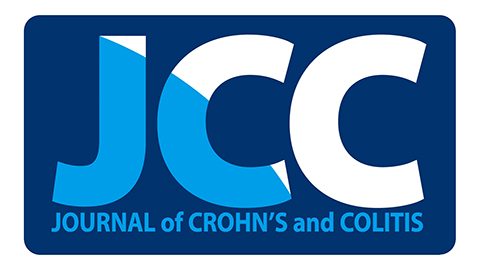
“The human gut is a composite anaerobic environment with a large, diverse and dynamic enteric microbiota, represented by more than 100 trillion microorganisms, including at least 1000 distinct species. The discovery that a different microbial composition can influence behavior and cognition, and in turn the nervous system can indirectly influence enteric microbiota composition, has significantly contributed to establish the well-accepted concept of gut-brain axis.
This hypothesis is supported by several evidence showing mutual mechanisms, which involve the vague nerve, the immune system, the hypothalamic-pituitary-adrenal (HPA) axis modulation and the bacteria-derived metabolites. Many studies have focused on delineating a role for this axis in health and disease, ranging from stress-related disorders such as depression, anxiety and irritable bowel syndrome (IBS) to neurodevelopmental disorders, such as autism, and to neurodegenerative diseases, such as Parkinson Disease, Alzheimer Disease etc.
Based on this background, and considering the relevance of alteration of the symbiotic state between host and microbiota, this review focuses on the role and the involvement of bioactive lipids, such as the N-acylethanolamine (NAE) family whose main members are N-arachidonoylethanolamine (AEA), palmitoylethanolamide (PEA) and oleoilethanolamide (OEA), and short chain fatty acids (SCFAs), such as butyrate, belonging to a large group of bioactive lipids able to modulate peripheral and central pathologic processes.
It is well established their effective role in inflammation, acute and chronic pain, obesity and central nervous system diseases. It has been shown a possible correlation between these lipids and gut microbiota through different mechanisms.
Indeed, systemic administration of specific bacteria can reduce abdominal pain through the involvement of cannabinoid receptor 1 in rat; on the other hand, PEA reduces inflammation markers in a murine model of inflammatory bowel disease (IBD), and butyrate, producted by gut microbiota, is effective in reducing inflammation and pain in irritable bowel syndrome and IBD animal models.
In this review, we underline the relationship among inflammation, pain, microbiota and the different lipids, focusing on a possible involvement of NAEs and SCFAs in the gut-brain axis and their role in central nervous system diseases.”
https://www.ncbi.nlm.nih.gov/pubmed/28215162


 “We sought to quantify the anti-inflammatory effects of two
“We sought to quantify the anti-inflammatory effects of two 





